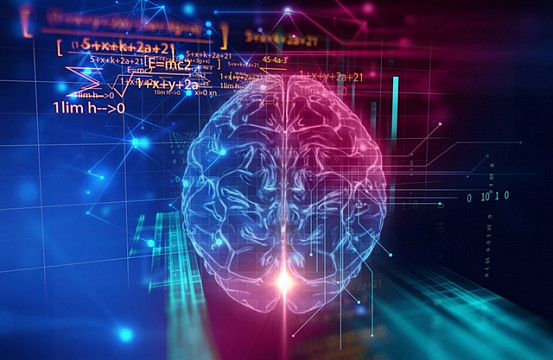The risk factor is that iCarbonX is handling more than personal data, but potentially vulnerable data as the company uses a smartphone application, Meum, for customers to consult for health advice. Remember that the Chinese nascent genomics and AI industry relies on cloud computing for genomics data-storage and exchange, creating, in its wake, new vulnerabilities associated with any internet-based technology. This phenomenon has severe implications. How much consideration has been given to privacy and the evolving notion of personal data in this AI-powered health economy? And is our cyberinfrastructure ready to protect such trove of personal health data from hackers and industrial espionage? In this new race, will China and the U.S. have to constantly accelerate their rate of cyber and bio-innovation to be more resilient? Refining our models of genomics data protection will become a critical biosecurity issue.
Why is Chinese access to U.S. genomic data a national security concern?
Genomics and computing research is inherently dual-use, therefore a strategic advantage in a nation’s security arsenal.
